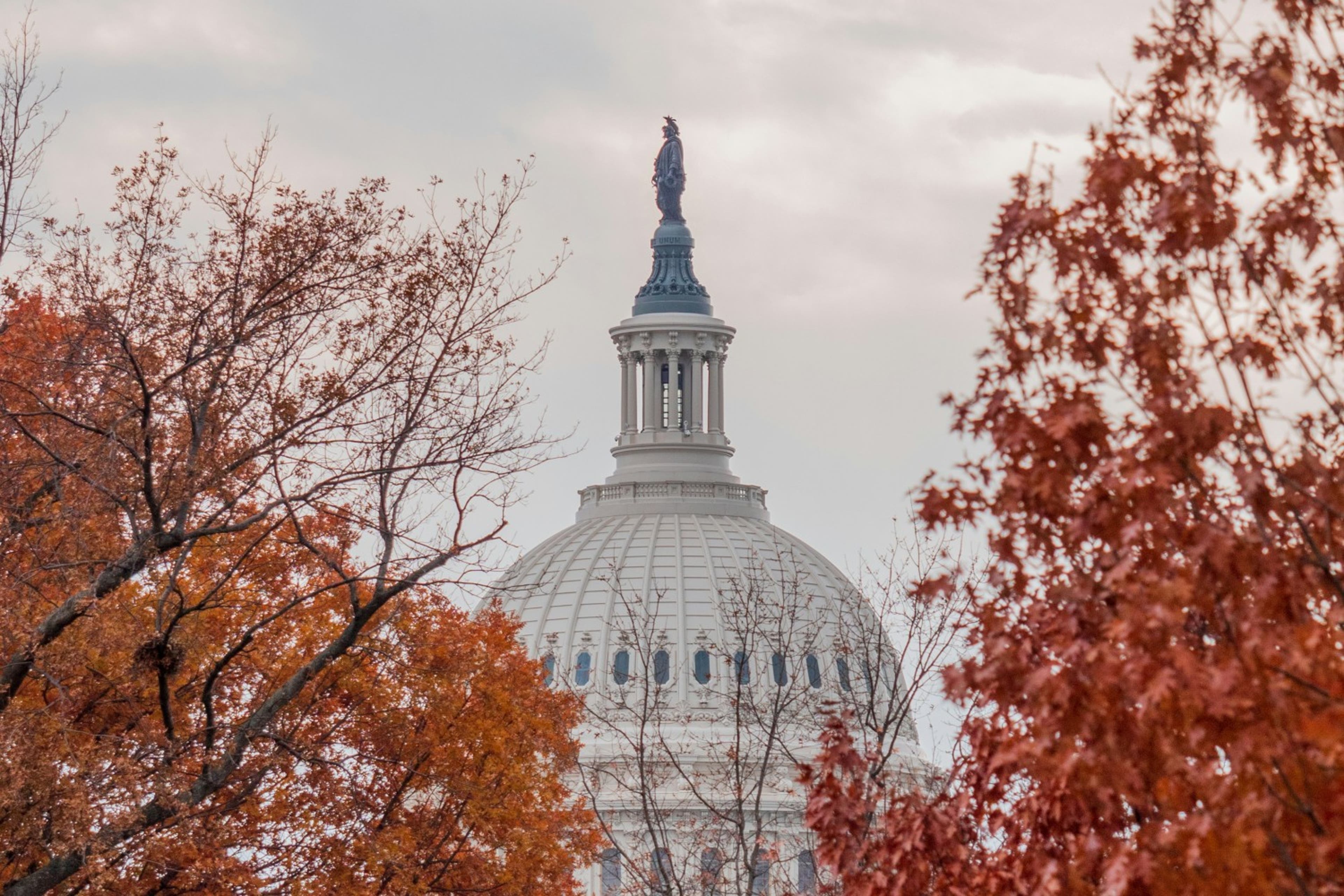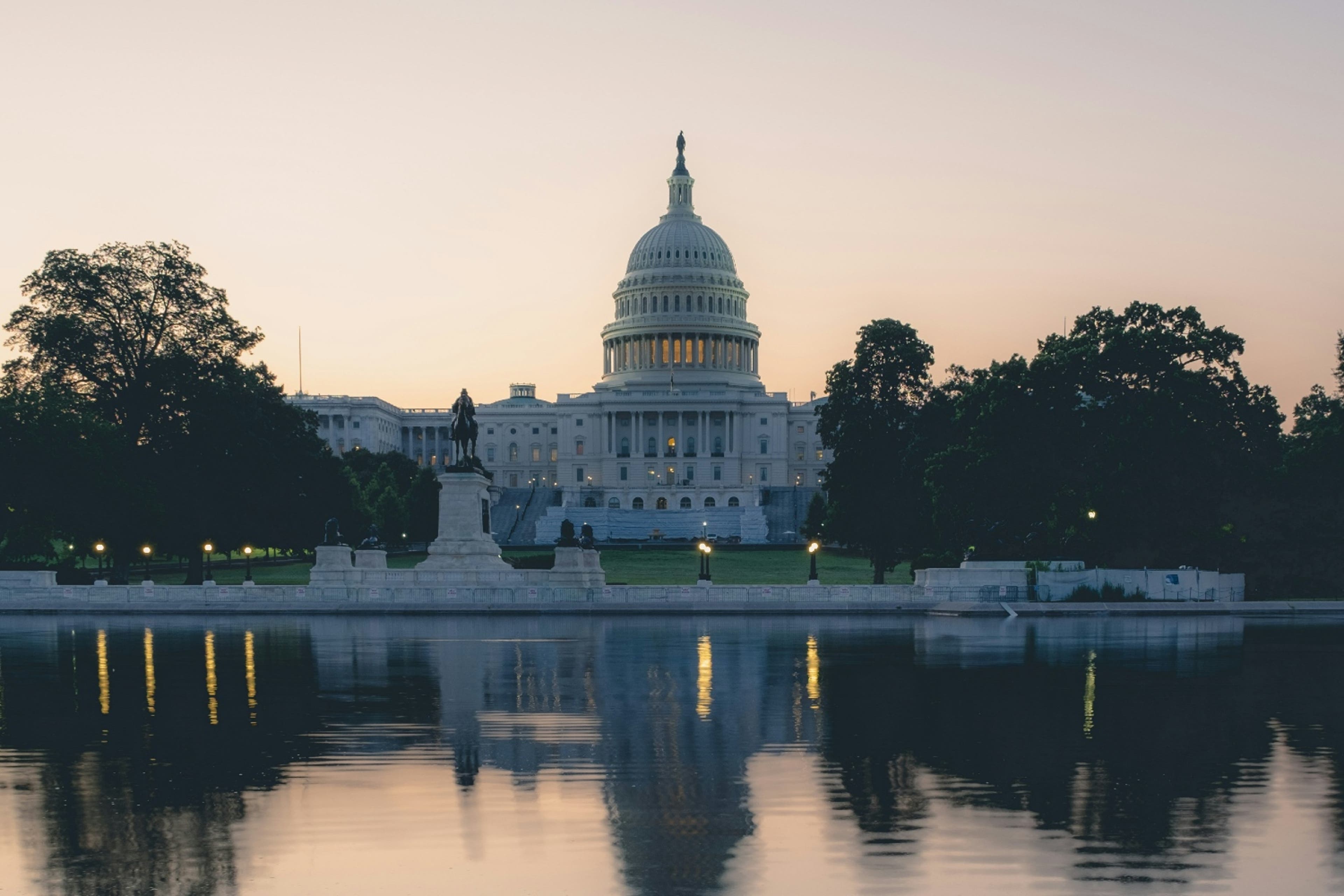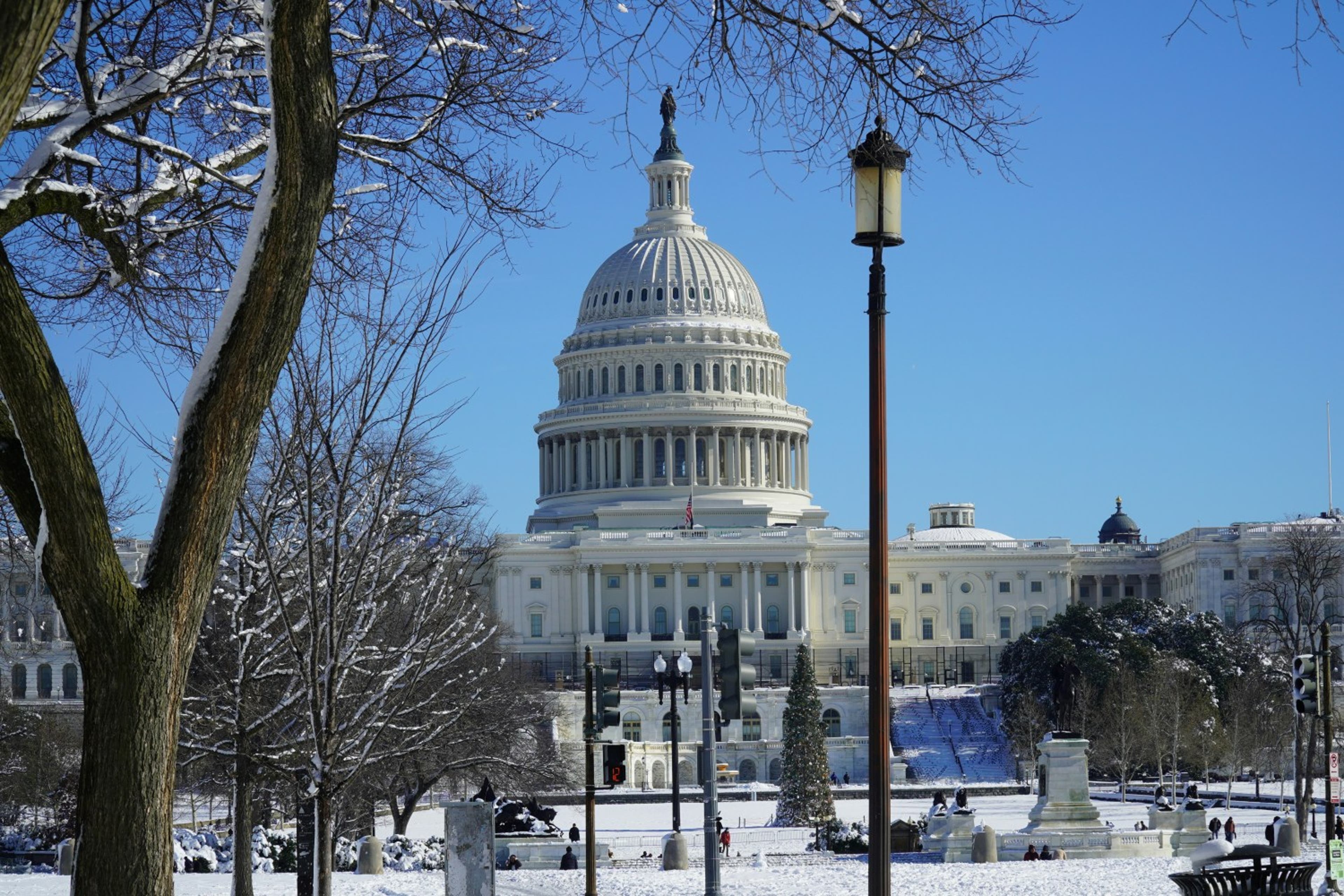US senator aims to advance US AI leadership with sandbox, federal regulatory exemptions


Published:
Contributors:
Lexie White
Staff Writer
IAPP
The U.S. is racing to secure its place at the front of the global artificial intelligence revolution, with policymakers arguing the AI race is an essential win for the digital economy.
With an eye toward spurring innovation to achieve leadership, U.S. Sen. Ted Cruz, R-Texas, proposed the Strengthening Artificial Intelligence Normalization and Diffusion by Oversight and experimentation Act, or the SANDBOX Act. The bill, introduced at a U.S. Senate Committee on Commerce, Science and Transportation Subcommittee on Science, Manufacturing and Competitiveness hearing 10 Sept., proposes a two-year sandbox program that includes exemptions from federal regulations impeding product development.
The proposed framework aims to build toward the goals outlined in the White House's AI Action Plan.
The SANDBOX Act, "fine tunes federal regulation for AI use," according to Cruz. He added, "a regulatory sandbox … will give entrepreneurs room to breathe, to build, to compete, within a defined space bounded by guardrails for safety and accountability."
Key initiatives
Cruz's proposal attempts to codify what Cruz called a "common sense approach" to AI policy.
Organizations that believe existing rules harm AI experimentation and innovative efforts could apply for two-year waivers, for up to 10 years, in exchange for clear agreements to mitigate consumer or safety risks. The waiver process would include reviews to ensure companies "mitigate health and consumer risks" stemming from their products.
"A regulatory sandbox is not a free pass," Cruz said. "People creating or using AI still have to follow the same laws as everyone else. Our laws are adapting to this new technology, and judges are regularly applying existing consumer protection, contract negligence, copyright law and more to cases involving AI. Conduct that is illegal without AI will remain illegal with AI."
Cruz noted Congress should work with government agencies to ensure U.S. companies are able to freely grow the digital economy while protecting consumers' rights. The bill requires the White House Office of Science and Technology Policy to send an annual report to lawmakers detailing specifics around waivers and modifications to U.S. laws while leaving the potential for Congress to "make successful waivers or modifications permanent."
Motivations
While preemption of state AI laws is not explicitly mentioned in the bill, the concept remains a central element of Cruz's thinking behind AI innovation and leadership. He led the way on a proposed 10-year state AI law moratorium that was ultimately left out of Congress' final reconciliation in July.
At the subcommittee hearing, White House OSTP Director Michael Kratsios argued leaving AI rules to states would create conflicting requirements for organizations.
"A patchwork of state regulations is anti-innovation. It makes it extraordinarily difficult for America's innovators to promulgate their technologies across the United States," Kratsios said. "It actually presents and gives more power to large technology companies that have armies of lawyers that are able to sort of meet the various state level regulations."
Kratsios noted the OSTP has a "vision of renewed scientific rigor and technological invention for prosperity of all Americans." While proposals to loosen regulations has created some division among policymakers, he said the White House is "approaching AI, not with fear, with responsible boldness, supporting and encouraging the best innovative work for private industry and America's universities."
Though, without accelerated efforts, Cruz claimed that the stakes of falling behind in the AI landscape are not just economic but ideological as well.
"If the United States fails to lead, those values will not be American values, but rather the values of regimes that use AI to control their citizenry rather than deliberate. If China wins the AI race, the world risks an order built on surveillance and coercion," Cruz said.
Lexie White is a staff writer for the IAPP.

This content is eligible for Continuing Professional Education credits. Please self-submit according to CPE policy guidelines.
Submit for CPEs


